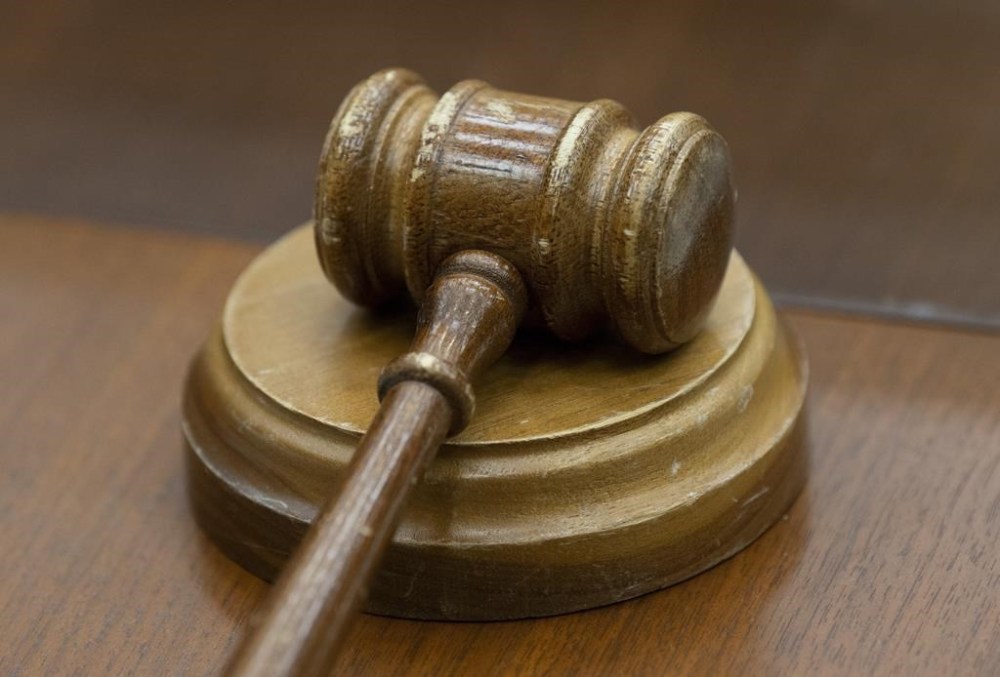Churches in Manitoba Court of Appeal to challenge COVID-19 rules
Advertisement
Read this article for free:
or
Already have an account? Log in here »
We need your support!
Local journalism needs your support!
As we navigate through unprecedented times, our journalists are working harder than ever to bring you the latest local updates to keep you safe and informed.
Now, more than ever, we need your support.
Starting at $15.99 plus taxes every four weeks you can access your Brandon Sun online and full access to all content as it appears on our website.
Subscribe Nowor call circulation directly at (204) 727-0527.
Your pledge helps to ensure we provide the news that matters most to your community!
To continue reading, please subscribe:
Add Brandon Sun access to your Free Press subscription for only an additional
$1 for the first 4 weeks*
*Your next subscription payment will increase by $1.00 and you will be charged $20.00 plus GST for four weeks. After four weeks, your payment will increase to $24.00 plus GST every four weeks.
Read unlimited articles for free today:
or
Already have an account? Log in here »
Hey there, time traveller!
This article was published 13/12/2022 (1095 days ago), so information in it may no longer be current.
WINNIPEG – Lawyers for seven Manitoba churches made another attempt Tuesday to have some of the province’s former COVID-19 restrictions declared invalid.
The churches say public health orders in 2020 and 2021 that temporarily closed in-person religious services, then permitted them with caps on attendance, violated the Charter of Rights and Freedoms.
A Court of Queen’s Bench justice previously rejected that argument, saying the restrictions were both necessary to prevent the spread of COVID-19 and allowable under Section 1 of the Charter.

The churches’ lawyer told the Court of Appeal that the trial judge erred in not fully examining whether less restrictive rules could have achieved the same goal.
“The key issue is whether less intrusive options were available,” Eugene Meehan told the court.
“So many other businesses could be open when churches were closed.”
At the trial in 2021, health officials testified that strict public health orders were needed to quickly contain the spread of the novel coronavirus as the number of cases spiked and hospitals were strained. The shortage of intensive care beds became so severe at one point in 2021 that dozens of patients were flown to other provinces to free up bed space.
Manitoba’s public health orders changed frequently along with case numbers. At times, many non-essential retail stores were closed and church services were restricted to online-only. People were limited in having guests in their homes.
Dr. Brent Roussin, the province’s chief public health officer, had said that close, prolonged indoor contact was a prime driver of cases and such contact occurs at church services, wedding and funerals.
Meehan told the Court of Appeal that religious services faced stricter rules than restaurants, stores and other businesses. Even when in-person services were first allowed, the cap on attendance was lower than at a shopping mall.
Meehan said religious services are more protected by the Charter than shopping and should not face stricter limits.
“Non-constitutionally protected activities and businesses are permitted (under the former orders) … and constitutionally protected activities are not.”
The government’s lawyer, Charles Murray, said the trial judge — Chief Justice Glenn Joyal — considered all the evidence, including testimony from expert witnesses for the churches who said fewer restrictions were needed. Joyal, in the end, sided firmly with government experts, including the chief public health officer.
“He found that they were all credible and reliable witnesses,” Murray said.
The risk of virus transmission is greater in church, Murray said, where people gather for prolonged periods and sing or take communion.
Murray asked the panel of three judges to consider how the public health orders curtailed the spread of COVID-19.
“The (health) system was on the brink of collapse,” he said.
“We saw that the transmission of the virus … went down.”
The churches are also appealing the trial judge’s ruling that the chief public health officer is within his rights to issue broad public health orders without more public oversight or legal restraint. The orders require approval from the provincial health minister, Joyal said in his ruling, and provincial law lays out and limits what can and cannot be ordered.
The Court of Appeal judges reserved their decision and did not indicate when they would deliver it.
The Manitoba government lifted all COVID-19 public health orders in March of this year. Meehan said it is important for the court to rule on the case so governments have guidance for future public health emergencies.
This report by The Canadian Press was first published Dec. 13, 2022.
Note to readers: This is a corrected story. An earlier version had the incorrect day of the hearing.
